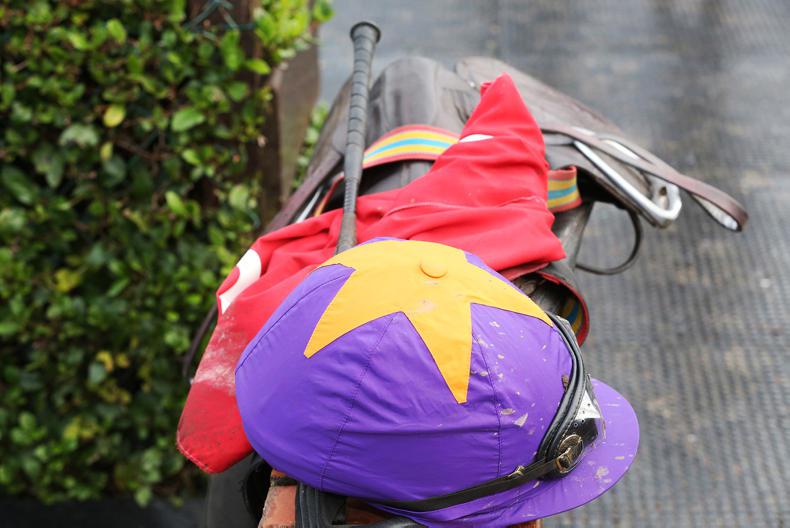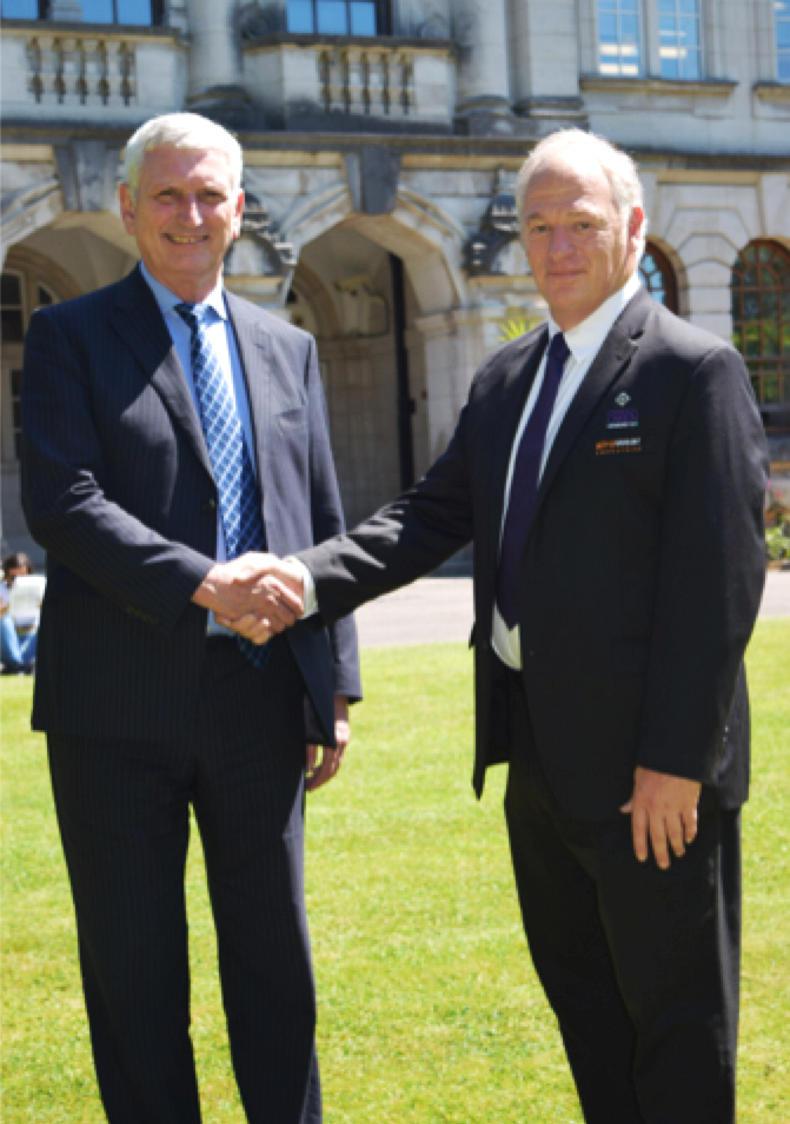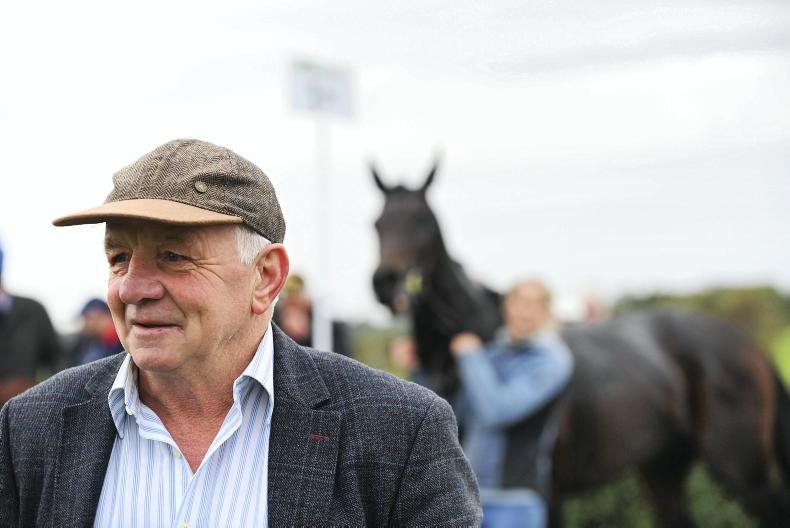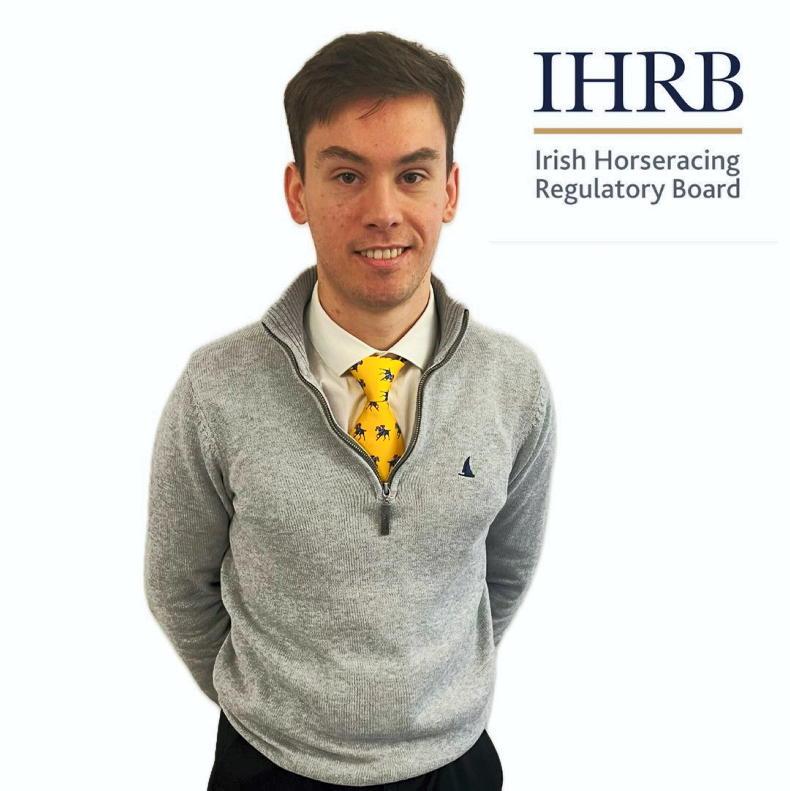Horse racing, a sport that I love dearly, thrives on excitement and speed, yet it’s shadowed by the risk of injury, notably head injuries and concussions.
The majority of fatalities in professional jockeys are a result of head injuries. Reported rates of concussion or traumatic brain injuries are higher than those in boxing, rugby and American football.
Although this knowledge wouldn’t have deterred me from following my chosen career path, knowing the prevalence of head injuries to jockeys, and their impact, definitely would have been some food for thought.
Practicing stoicism
It’s generally accepted that jockeys are extremely resilient and stoic when it comes to injuries, which ironically puts them in more danger and poses serious challenges to their doctors and raceday medical staff trying to help with concussion management.

I think it’s safe to say that this is down to the culture in racing. The last thing you want to see as a jockey is one of your weighroom comrades winning on a horse that you would have been riding.
As happy as you are for your peers to be successful, there’s an undeniable sting in knowing it could have been you.
This bitter realisation has driven me to speak out, hoping to help create a culture where we prioritise our health as much as our successes, for the sake of our careers and lives.
Career-ending fall
After a fall I had in January of 2023, in which I sustained a career-ending head injury, I was told: “Back in my day we used to ride out with broken legs” by an older trainer who’s been in the game his whole life.
All I could think was “I’ll keep that in mind when I break my leg” or “so that’s why you walk with a limp.”
Unfortunately, it’s not that unusual an attitude as head injuries and concussions aren’t visible. You’re not going to tell someone with a back brace or a cast on their leg to ride out. You’d be reported to the Workplace Relations Commission!
Dr Jennifer Pugh, Senior Medical Officer with the Irish Horseracing Regulatory Board, has dealt with her fair share of concussed jockeys.
She told me: “Even with the post-concussion assessments, we have had riders pass with flying colours despite having symptoms which they haven’t fully disclosed and then returned to riding only to sustain another concussion in the weeks later. Everyone struggles with head injury and concussion not being visible. Give them a crutch or a sling any day.”
IN regard to jockeys underreporting their injuries, a study in 2020 showed that 32.4% of Irish amateur jockeys and 19.6% of professional jockeys participating in the study suspected that they had sustained a concussion that was never medically diagnosed, not through a lack of effort on the doctor’s side, but because the jockeys didn’t report their symptoms.
One in two jockeys even said that they would continue to ride out if they had a suspected concussion. Their main reasons being that they didn’t consider a concussion serious (87.5%), not wanting to let anyone down (77.8%) and many even considered it a sign of weakness (74.1%).
Maybe the solution is making sure they know about the hidden impacts of a concussion.
In the UK, a study conducted in 2006 investigated the long-term neuropsychological effects of repeat concussions among jockeys. The study assessed the cognitive functioning and neurological health of 698 licensed UK jockeys, with the evaluation taking place no less than three months after their most recent concussion and it revealed significant cognitive impairments in those with multiple concussions.
Having said that, Dr Pugh informed me that, in reality, the jury is out on that one and there is more evidence needed.
I SPOKE to jockey James O’Sullivan about his experience with head injuries recently and what he told me really shows how easy it is for these things to fall through the cracks. If it wasn’t for the fact that he sought help from Dr Pugh off his own back, things could have been very different for him.

James said that he’d taken a few heavy falls in the space of a couple of weeks so it wasn’t any one specific fall that triggered concern, and he’d even broken a few helmets in the process. He’d never experienced headaches before this, but eventually began to get them every night.
After about a month, he made the wise decision to call Dr Pugh who assisted in booking an MRI scan. James was on his way to Gowran Park on Thyestes day last year and had stopped for his MRI on the way there. He told me “I got a call from Dr Pugh and she told me to turn around and go straight to A&E.”
James was transferred to a high dependency ward at Beaumont Hospital. Recalling his time there, he said: “I seemed fine compared to everyone else, I’d ridden a winner the day before! I definitely didn’t realise the seriousness of it.
“The doctors wanted to drill holes in my head to let the blood out. They couldn’t understand how the only symptom I had was headaches. My balance was perfect and they couldn’t get their heads around it.”
This was different
James hadn’t struggled much with accepting other injuries, like broken bones, but this was different.
“I went from riding horses every day to being told that I shouldn’t be doing anything even though I was in the same condition. That was hard to get my head around for the few months. I felt fine, there wasn’t a bother on me.”
Thankfully, James was aware of the implications that would come with starting to ride before getting the all-clear.
“I could have been walking home from the gallop with the quietest horse in the yard but if they’d hit me a headbutt, or tripped, that could have set me back three months in my recovery, so I waited until I had the green light.
“It was always in the back of my mind, not because it would have affected me in the long-term, but because it would have held me back from race-riding for longer” he said.
Career setback
 As you can imagine, it took James a while to get going again with his race-riding career once he had recovered. Other jockeys were riding and winning on the horses that he had been riding previously. “It’s part and parcel of the job,” he told me.
As you can imagine, it took James a while to get going again with his race-riding career once he had recovered. Other jockeys were riding and winning on the horses that he had been riding previously. “It’s part and parcel of the job,” he told me.
While James did admit to occasionally turning a blind-eye to other jockeys in the weighroom that may have been experiencing head injury symptoms after a fall, his views have changed since his own experience with a serious head injury.
I asked James what he thought about how the sport, as a whole, addresses head injuries, and if there were improvements to be made. He conceded that the biggest factor is the cost of safety equipment.
Expensive equipment
The Irish Injured Jockeys Fund offer licensed jockeys €100 as a subsidy to return their old helmets after a fall in an effort to encourage them to buy a new one but James says that not enough people are availing of the initiative. “You’d see lads riding out in yards with broken helmets just because of the cost of safety equipment.”
The advice that James would give to anyone experiencing head injury or concussion symptoms is very simple, but it needs to be heard. “You only have one head. If you think there’s something going on, do what you’re told and give it time. Definitely replace your broken helmets. No one wants to miss racing.”
After speaking with James, the first thing that came to mind for me is the lack of loyalty that can be displayed at times by owners and trainers when riders are returning from injury.
Please sir
Sure, we know that Jack Kennedy is going to ride for Gordon Elliott and Paul Townend is going to ride for Willie Mullins after being stood-down for a while, and they have worked hard to be in their positions, but I can think of countless young jockeys who are working tirelessly for rides and pleading like Oliver Twist for the chance to ride bottom weight horses that have dropped or run away with every other jockey who sat on them.
This isn’t a problem that’s specific to big trainers or owners with a lot of horses. There are no binding contracts in racing that guarantee a jockey will still have a career, once he or she has recovered from an injury.
Obviously the horses still need to run regardless of the condition of their usual jockey, but this fear of not getting your rides back after a period of being stood down seems to be a recurring theme among jockeys I’ve spoken to over the years.
“It’s all part and parcel of the game,” James said, but I believe that if jockeys had some security that they wouldn’t effectively be punished by owners and trainers for reporting a head injury then the jockeys would be more comfortable with being honest in reporting symptoms.
Following a head injury, it’s common for the injured person to have no idea that there’s anything wrong with them so it’s important for other people in any equine environment to be able to spot the signs.
Head injury symptoms can include headaches, nausea, fatigue, problems with speech, dizziness or loss of balance, sensitivity to light, ringing in the ears, confusion, mood or personality changes and memory problems.
This is only a shortlist of symptoms and they can vary for each individual but it’s imperative that even the slightest signs are brought to the attention of a doctor.
Wrong diagnosis
It was a shock to me to discover after my head injury that I had most likely had an earlier brain bleed which had been wrongly treated as a concussion, partly because no-one, including myself, knew the signs to look out for.

Increased use of MRIs following head impacts makes it harder to ignore the damage. Multiple Grade 1- winning jockey Jamie Moore cited his MRI scans after a fall last November as his reason for retiring, saying doctors told him his scans looked like those of a “car crash victim”.
It’s a sobering thought, and further evidence that it is essential that the racing industry appreciates the risks, as well as the adventure, of race-riding.


 This is a subscriber-only article
This is a subscriber-only article
 It looks like you're browsing in private mode
It looks like you're browsing in private mode














SHARING OPTIONS: